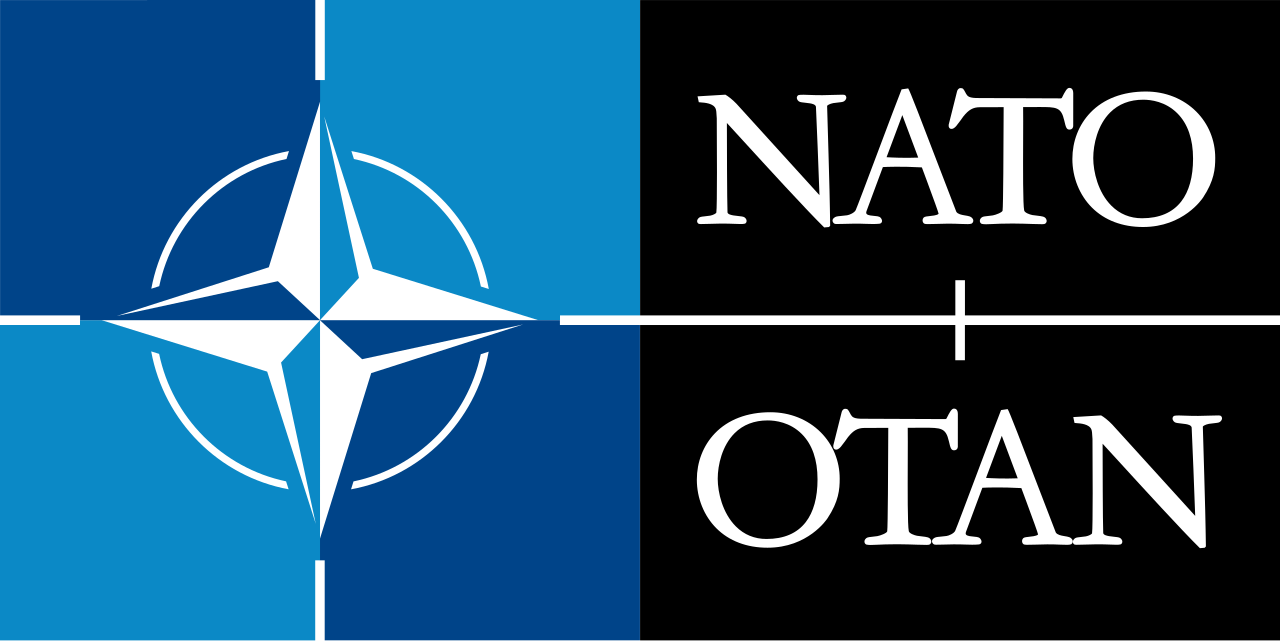Hadn't time to read the recent pages, so maybe someone already posted this:
Russia scales down Georgia toll
A man in a refugee camp in Tbilisi, where many of the displaced are South Ossetian (20 August)
Russian prosecutors reported finding many shallow graves in South Ossetia
Russia has issued new, reduced casualty figures for the Georgian conflict, with 133 civilians now listed as dead in the disputed region of South Ossetia.
The figure is far lower than the 1,600 people Russia initially said had died.
Prosecutors say they have opened a case against Georgia for genocide, while Tbilisi has already filed charges of ethnic cleansing against Moscow.
The move comes as the first international aid group arrived in the disputed region since the fighting.
The seven-member team from the International Committee of the Red Cross (ICRC) includes a doctor, a specialist on civil protection, and a water and sanitation engineer.
See map of the region
The conflict broke out on 7 August when Georgia launched an assault to wrest back control of the Moscow-backed separatist region of South Ossetia, triggering a counter-offensive by Russian troops who advanced beyond South Ossetia into Georgia's heartland.
A basic rule of the Geneva Convention is that whenever there is a shadow of a doubt that a civilian target might be hit, you don't fire
Rachel Denber, Human Rights Watch
Seeking truth among the debris
Despair among Georgia's displaced
Georgia says its action was in response to continuous provocation.
Both sides have accused the other of violating an EU-brokered peace plan agreed at the weekend, and correspondents say there has been little sign of any large-scale withdrawal by Moscow.
Severe destruction
Following an investigation in South Ossetia and amongst refugees who fled to Russia, Moscow says it now has a list of the names of 133 civilians who died in South Ossetia.
Teams working in the region gathered information from relatives and local officials; their list includes those whose bodies investigators found themselves and information from reburial ceremonies they attended, Moscow says.
A man in a refugee camp in Tbilisi, where many of the displaced are South Ossetian (20 August)
Russian prosecutors reported finding many shallow graves in South Ossetia
Russia has issued new, reduced casualty figures for the Georgian conflict, with 133 civilians now listed as dead in the disputed region of South Ossetia.
The figure is far lower than the 1,600 people Russia initially said had died.
Prosecutors say they have opened a case against Georgia for genocide, while Tbilisi has already filed charges of ethnic cleansing against Moscow.
The move comes as the first international aid group arrived in the disputed region since the fighting.
The seven-member team from the International Committee of the Red Cross (ICRC) includes a doctor, a specialist on civil protection, and a water and sanitation engineer.
See map of the region
The conflict broke out on 7 August when Georgia launched an assault to wrest back control of the Moscow-backed separatist region of South Ossetia, triggering a counter-offensive by Russian troops who advanced beyond South Ossetia into Georgia's heartland.
A basic rule of the Geneva Convention is that whenever there is a shadow of a doubt that a civilian target might be hit, you don't fire
Rachel Denber, Human Rights Watch
Seeking truth among the debris
Despair among Georgia's displaced
Georgia says its action was in response to continuous provocation.
Both sides have accused the other of violating an EU-brokered peace plan agreed at the weekend, and correspondents say there has been little sign of any large-scale withdrawal by Moscow.
Severe destruction
Following an investigation in South Ossetia and amongst refugees who fled to Russia, Moscow says it now has a list of the names of 133 civilians who died in South Ossetia.
Teams working in the region gathered information from relatives and local officials; their list includes those whose bodies investigators found themselves and information from reburial ceremonies they attended, Moscow says.






Comment